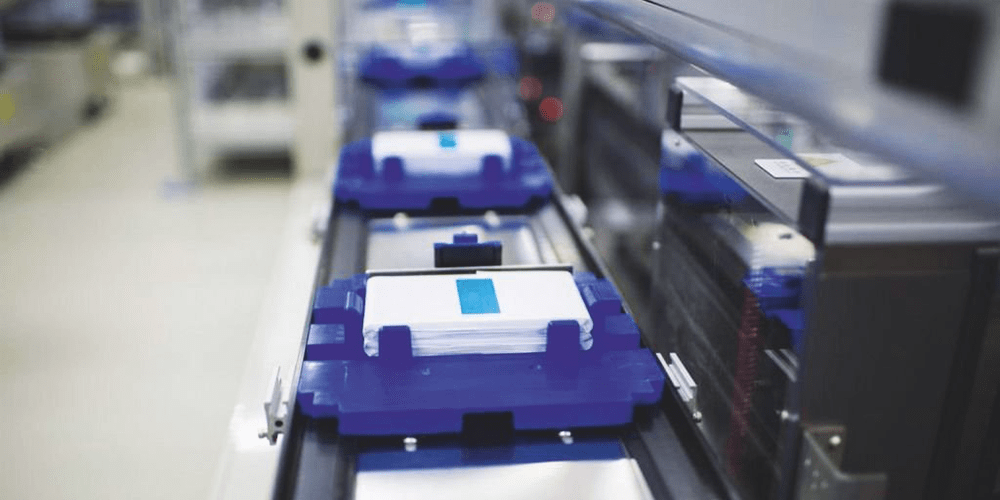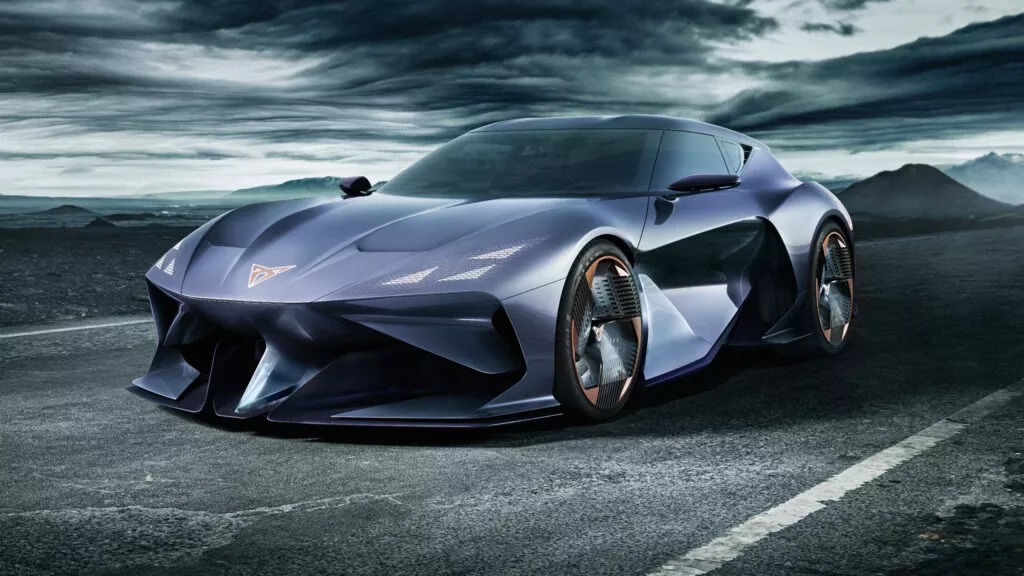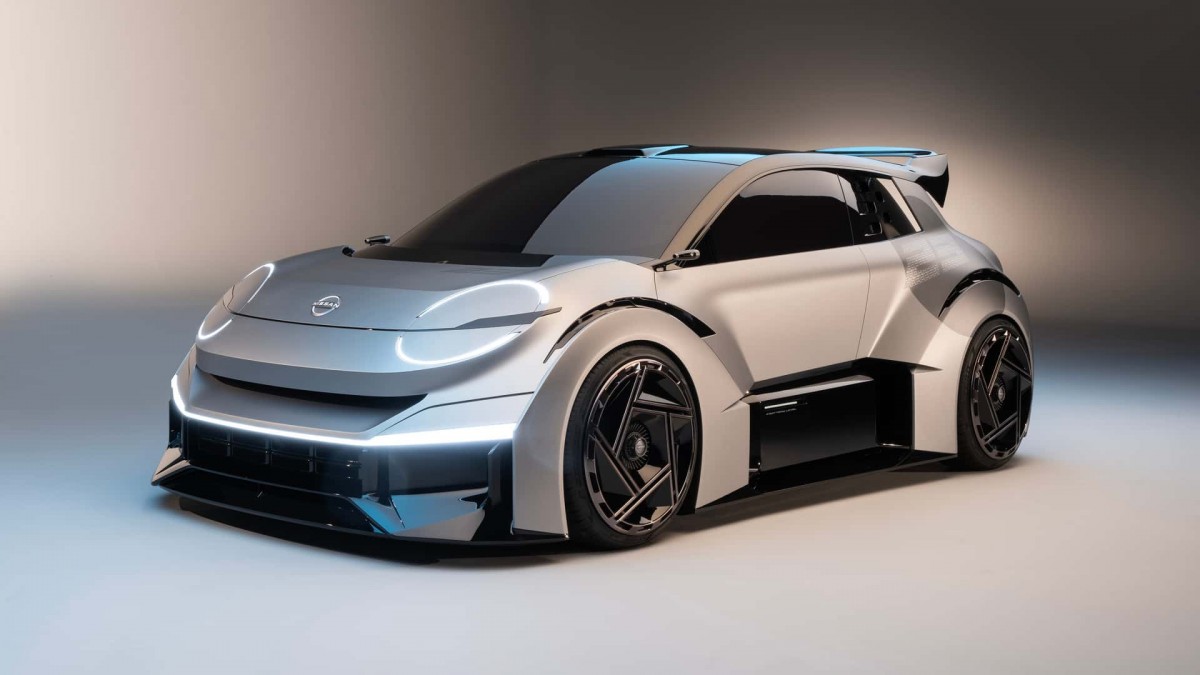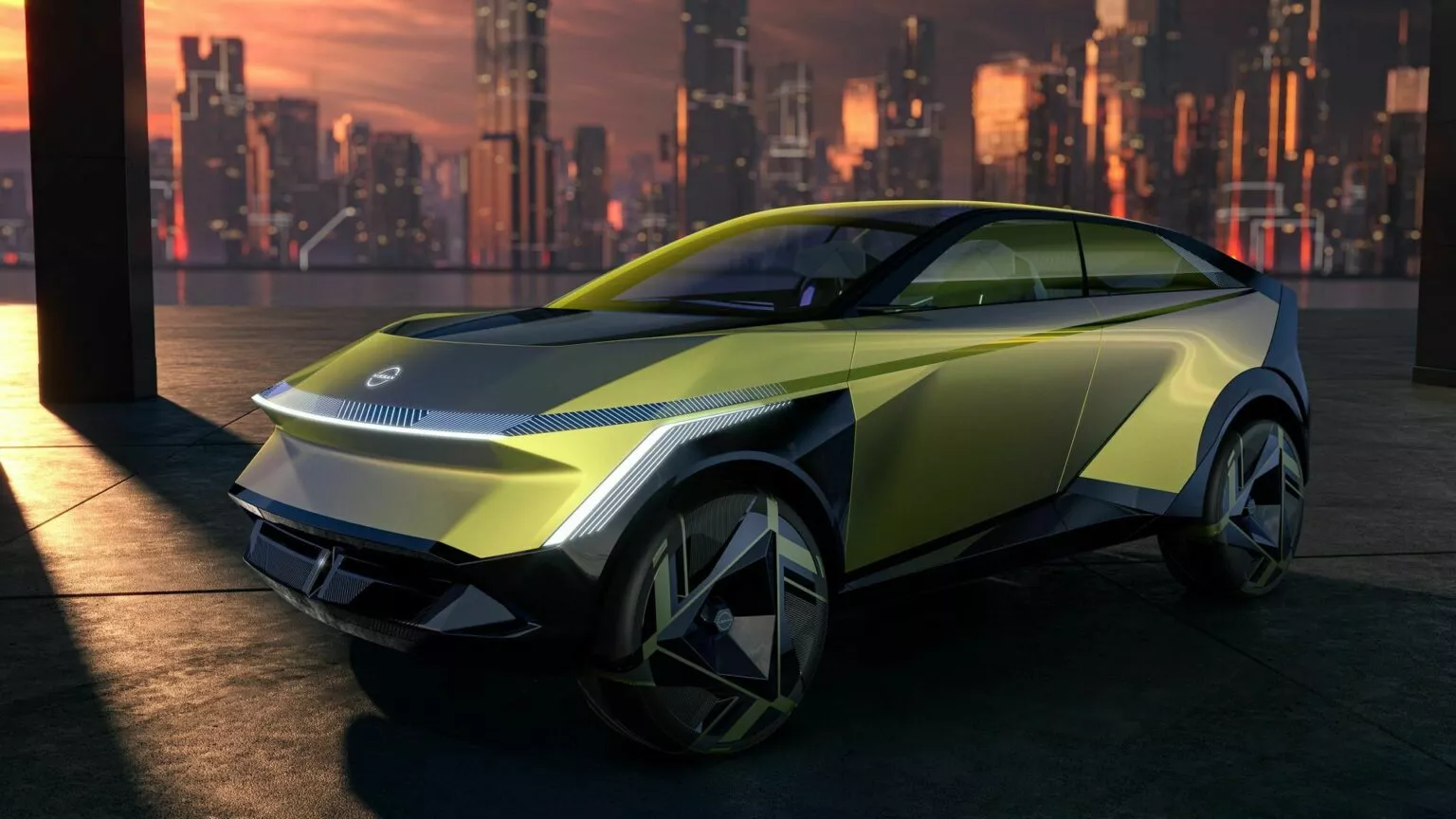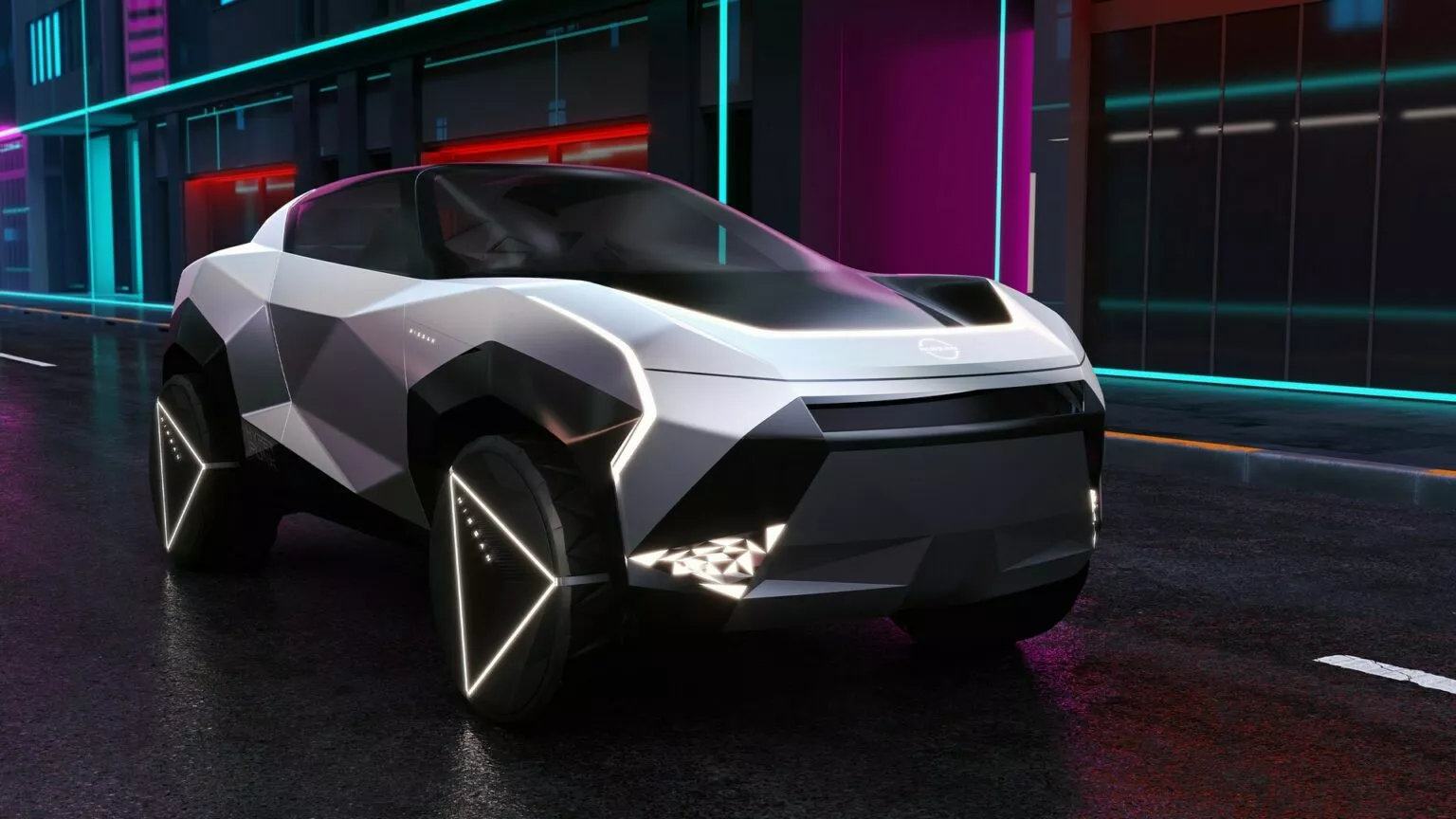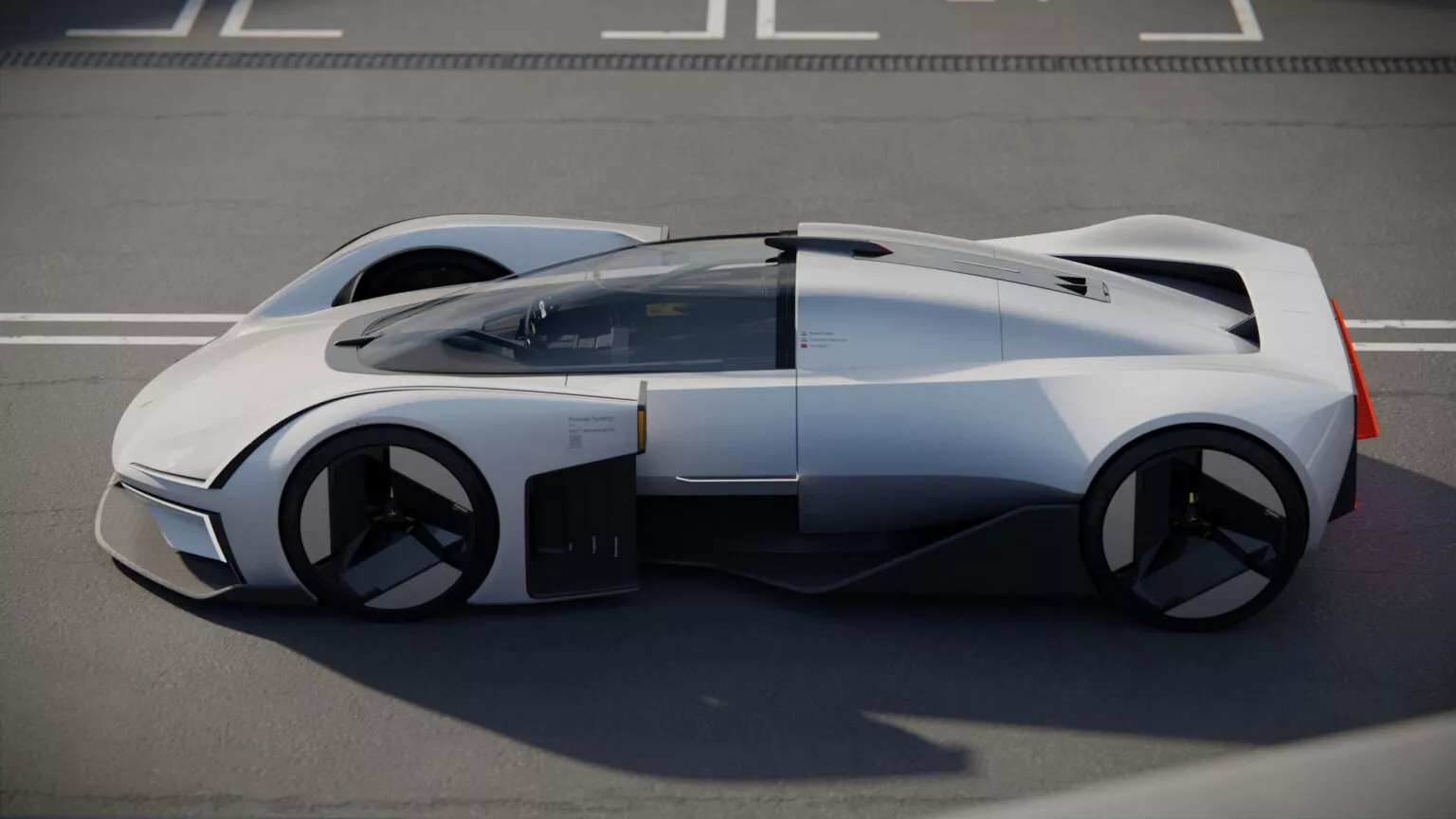In a bid to keep up with the electric vehicle revolution, South Korea is seeing a surge in the adoption of Chinese lithium iron phosphate (LFP) batteries, sparking concerns about their environmental impact. While electric buses and scooters equipped with LFP batteries are gaining traction in the Korean market, recycling these batteries after their useful life remains a significant challenge. Experts argue that this trend could undermine the goal of creating a more eco-friendly electric ecosystem.
Industry insiders report that sales of new electric vehicles featuring LFP batteries are set to kick off in earnest next month. Among the notable releases are the Torres EVE by KG Mobility, which recently announced a battery joint venture with China’s BYD. Additionally, Kia’s Ray EV and Hyundai’s Casper Electric (tentative name) will be powered by CATL-BYD’s LFP batteries. Hyundai Motor Group is poised to increase the adoption of Chinese batteries in its entry-level models.
KG Mobility had initially engaged in discussions with prominent Korean battery companies before rebranding from SsangYong Motor. However, it failed to reach agreements, primarily due to pricing and supply volume disparities. Consequently, KG Mobility joined forces with BYD to electrify its vehicles.
Renault Korea Motors faced similar challenges in establishing partnerships with LG Energy Solution, Samsung SDI, or SK, prompting the automaker to explore collaborations with various battery manufacturers, including Chinese firms, with the aim of commencing electric vehicle production by 2026. Some trading companies, such as GS Global, have actively introduced Chinese-made electric trucks in the Korean market. Several local governments in Korea have also integrated Chinese-made electric buses into their city transit fleets.
Notably, a considerable number of electric scooters, despite safety controversies, rely on LFP batteries for power. Given the typical three to four-year lifespan of these batteries, starting with electric buses with high mileage and frequent service, a substantial amount of waste LFP batteries is expected to be discarded.
However, the challenge lies in the underutilization of LFP batteries. Comprising lithium and iron, waste LFP batteries hold lower commercial value compared to waste ternary batteries, which contain lithium, nickel, cobalt, manganese, and aluminum that can be extracted. Korean battery companies primarily focus on ternary systems, leading to the development of domestic waste battery technology centered around ternary batteries.
While China has seen an expansion in the waste LFP battery business, securing a significant quantity of waste batteries in Korea remains improbable. China is unlikely to import waste LFP batteries from Korea due to logistical challenges and current legal classification as waste items.
See also: US Start-Up ONE Develops Aries II LFP Battery Pack with Impressive Energy Density
Concerns about the environmental repercussions of this surge in LFP battery adoption have been raised. An official from a waste battery company noted, “Electrification for eco-friendliness may turn into electrification that produces waste.” The official emphasized the need for government action, such as holding battery sellers accountable for waste battery disposal or permitting battery imports only when a recycling plan is in place.
Another industry official called for international measures to curb the proliferation of LFP batteries in line with the objectives of electrification for a post-carbon era. These developments highlight the pressing need to address the challenges associated with the growing adoption of LFP batteries and ensure a more sustainable electric future.

